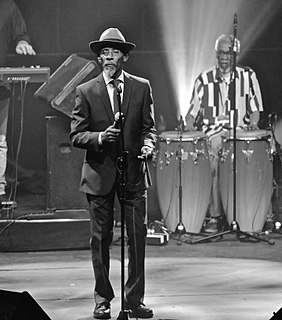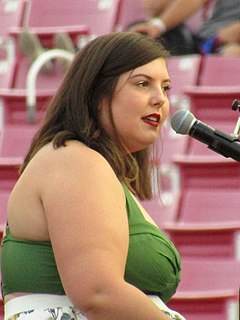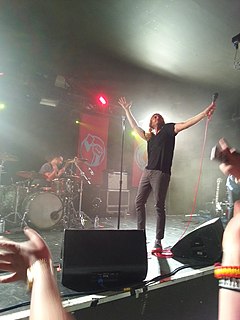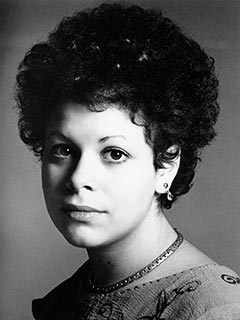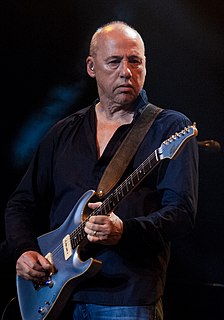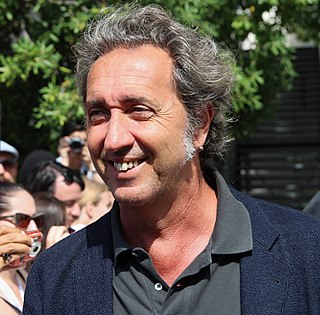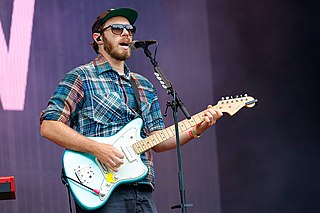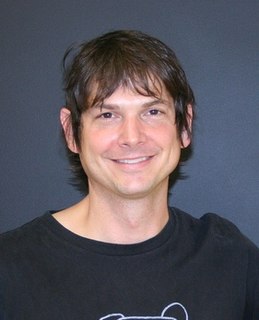A Quote by Billy Corgan
In the music business I am surrounded by people who don't view music as a sacred voice. They view music as something that they can use and exploit, often times lazily. They have no sense of the tradition, they have no sense of honor about those who came before and charted the path.
Related Quotes
....the popular music of Jamaica, the music of the people, is an essentially experiential music, not merely in the sense that the people experience the music, but also in the sense that the music is true to the historical experience, that the music reflects the historical experience. It is the spiritual expression of the historical experience of the Afro-Jamaican.
In the point of view of my personal feelings, I love the music as well as the cinema, but the future of a trumpet player - in the money point of view, but also any point of view - is very short on expectations. The life of a moviemaker can be glorious and wonderful. It can put your life in the best of possibilities. I decided to forget music. Not forget, because this is impossible, but to work in cinema, and just to be someone who loves music, and who tries to make music with his films.
For whatever reason, the success still blows my mind - that I'm able to talk to people about the music I've written. I always felt like there was something there because you don't put out music unless you have a sense that people will maybe like what you're doing or you're standing for something artistically. I don't mess with that. It's more about just music and trying to keep the integrity, I guess.
Music is what is going to save me," "On the bad days, when I have to look at the cold, hard facts of life, I see that this is not the music business I came up in and I have to be very, very objective and detached and say, 'what's good about it and what's bad about it?' Mostly, I'm finding it good that it's not the same old music business, because the music business I came up in really didn't advance anything I was doing, and I don't think it was particularly kind to a lot of artists.
I want my music to be something that people use in order to access parts of themselves. So in that sense, every piece I write is about all emotions at once, about the lines in between. It's never only about one thing or another. It's emotionally getting at those things that we can't really describe - things for which we don't have labels. So yes, it's about something, and it has a use. It's neither about nothing nor about something concrete - it's about what you bring to it as a listener.
Early American music and early folk music, before the record became popular and before there were pop stars and before there were venues made to present music where people bought tickets, people played music in the community, and it was much more part of a fabric of everyday life. I call that music 'root music.'
I'm not talking about what came later [after the American underground punk scene], indie music, or whatever you want to call it, but the music that came before that - that's an important story. So many interviews with musicians get the time or context wrong. You have these older bands, usually men, who tell stories about "Oh, we got into this huge fight, this guy punched that guy," that's the wrong sort of story. My view of the time is truly pioneering.


